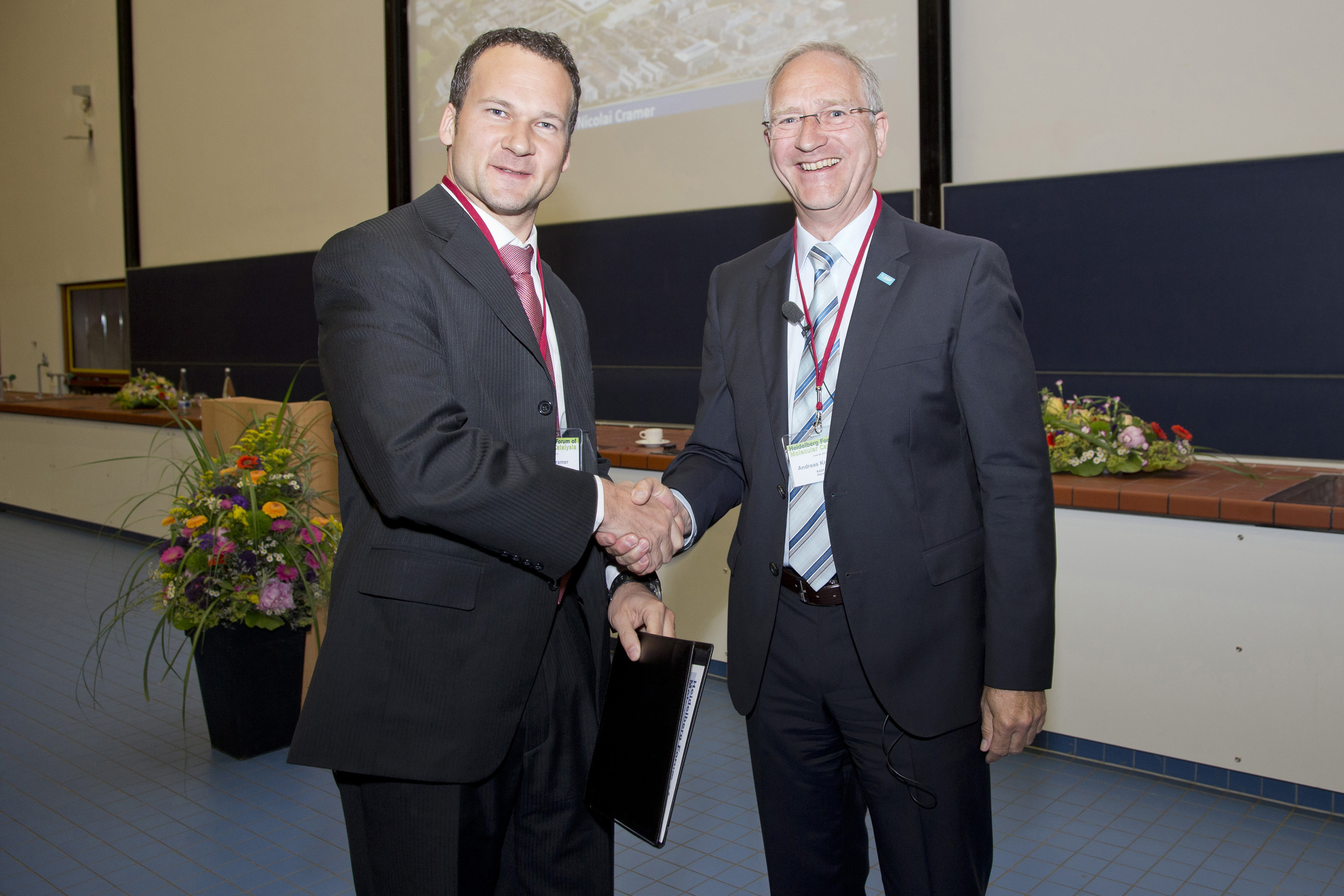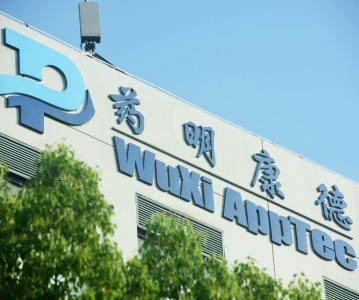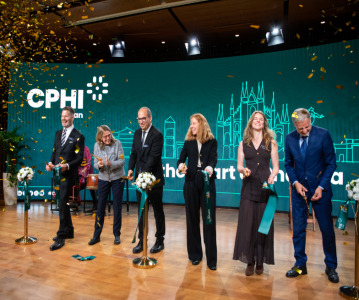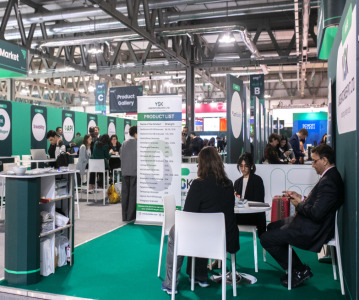Asymmetric Catalysis Allows Controlled Synthesis of Biologically Active Molecules

For his outstanding research contributions to catalytic processes in synthesis of biologically active molecules, Professor Dr Nicolai Cramer is receiving the BASF Catalysis Award 2013. Professor Cramer heads the laboratory of asymmetric catalysis and synthesis at the École Polytechnique Fédérale (EPF) in Lausanne, Switzerland. The prize, worth €10,000, was presented by Dr. Andreas Kreimeyer, Member of the Board of Executive Directors of BASF SE and Research Executive Director, at the “Heidelberg Forum of Molecular Catalysis,” a symposium of international experts organized jointly by Heidelberg University, Collaborative Research Center 623 “Molecular Catalysts” and BASF SE.
“Catalysis is an important key technology for the chemical industry and is an indispensable tool for accessing new feedstocks and developing new energy efficient production processes,” said Kreimeyer. As a company with a leading international research and development platform for catalysts, BASF therefore attaches particular importance to promoting excellent young researchers in this field.
With his research group centered at EPF Lausanne, Professor Cramer is working particularly in the field of enantioselective metal-catalyzed transformations and their implementation for the synthesis of complex biologically active molecules. The Cramer lab works on the development of broadly applicable catalytic methods for the selective functionalization of relatively inert C-H and C-C bonds with different transition-metal complexes.
“We are developing precise tools for all fields that produce molecules with high reactivity and selectivity. Our methods are suited for a faster synthesis because in medical research it is also essential to produce possible active ingredients rapidly. In this way, we have synthesized and identified molecules that show an anti-HIV effect. In doing this we closely collaborate with the life sciences faculty in Lausanne,” explained the prize winner Nicolai Cramer. “But other interesting fields also exist such as material sciences in which we can provide a better approach to molecules that for example are used for organic electronics.”
The “Heidelberg Forum of Molecular Catalysis,” an international scientific symposium of top class researchers based at Heidelberg University, is being held this year for the seventh time. The event offers scientists from academia and industry the opportunity to exchange news and information about the latest research activities in molecular catalysis. Plenary presentations are being held this year not only by the prizewinner but also by Professors Stephen L. Buchwald, MIT, Cambridge, Massachusetts, Peter Chen, ETH Zürich, Switzerland, and the Nobel Prize laureate Ei-ichi Negishi, Purdue University, Indiana.
Related News
-
News WuXi to sell CGT manufacturing unit to US-based Altaris LLC
At the tail end of 2024, Chinese-based CDMO WuXi AppTec announced the signing of their deal with private equity firm Altaris LLC, confirming the sale of WuXi Advanced Therapies, the cell and gene therapy manufacturing arm of WuXi AppTec. -
News Women in Pharma: Our hopes for 2025 and beyond
Our last instalment for 2024 of the Women in Pharma series brings you messages direct from the Informa Markets CPHI team as they discuss the advice and insights they have carried throughout their roles working at CPHI, and what they hope to see for the... -
News CPHI Milan Wrap-Up Report: Conference Highlights
Discover the emerging and trending topics of the pharmaceutical industry with our CPHI Milan Conference Highlights, with exclusive insight from pharmaceutical leaders and experts! -
News BIOSECURE Act not included in key defense spending bill for 2025
On December 7, 2024, the Biden administration revealed the 2025 National Defense Authorization Act, an annual defense bill specifying the budget and expenditures of the US Department of Defense. The controversial BIOSECURE Act was notably missing from ... -
News Lessons from CPHI Milan 2024: Sunny Intervals for Pharma Manufacturing?
As the 2024 CPHI conference wrapped up in Milan, we caught up with L.E.K. Consulting – a global strategy consulting firm with deep expertise in pharma manufacturing – to discuss evolving market perspectives and business outlook. -
News Trump 2.0: What does the US election result mean for the healthcare industry?
After Trump won the Presidential election in the US in early November, we take a look at some of the implications a new Trump administration could have on the health and pharmaceutical industry, and on US patients. -
News Women in Pharma: Reflections from Behind the Scenes
In this instalment of our monthly series, the team that brings you the Women in Pharma series each month sits down for a heart-to-heart on what the series means to them, and how they hope to continue their work in the future. -
News Scaling the Industry: CPHI Scale-Up Market interview with YSK Laboratories
For the first time, CPHI Milan hosted the CPHI Start-Up Market, expanding support for emerging and small-sized enterprises in their transition to the next level of growth. In this interview, we spoke with Yuvansh Khokhani, Managing Director of YSK Labo...
Position your company at the heart of the global Pharma industry with a CPHI Online membership
-
Your products and solutions visible to thousands of visitors within the largest Pharma marketplace
-
Generate high-quality, engaged leads for your business, all year round
-
Promote your business as the industry’s thought-leader by hosting your reports, brochures and videos within your profile
-
Your company’s profile boosted at all participating CPHI events
-
An easy-to-use platform with a detailed dashboard showing your leads and performance

.png)





